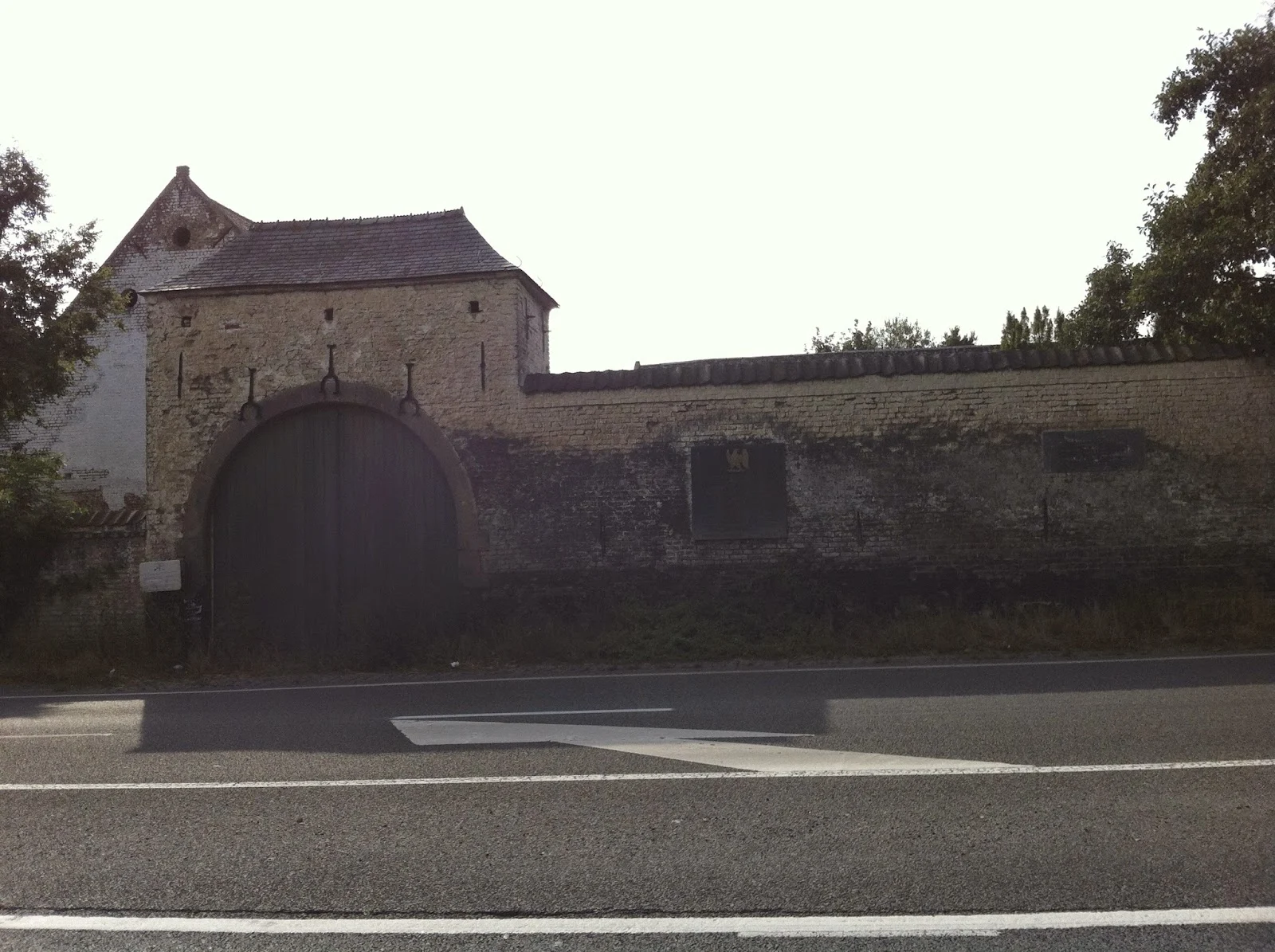As my husband Laurent and I drove towards Belgium for a weekend trip in Brussels, I thought of how many times Belgium has been a battlefield or subject to foreign powers. Our touring guide did not gloss over any of Belgium’s painful history.
Instead the Belgique, Duché de Luxembourg Michelin guide lists Belgium’s 500 years under foreign domination before it notes tourist sites. The monarchies or states that controlled Belgium during this 500-year period include: the Dukes of Burgundy (1384 – 1482), the Hapsbourgs (1482 – 1701), the Austrian Netherlands (1701 – 1795), France (1795 – 1814), and the Kingdom of the Netherlands (1814 – 1831). In the twentieth century, Germany also occupied Belgium from 1940 – 1944.
On this trip, Laurent and I visited Waterloo, which is about fifteen minutes outside Brussels. I had read about Waterloo in 100 Decisive Battles: From Ancient Times to the Present Day by Paul K. Davis several years prior to our visit. Davis writes that Napoleon Bonaparte’s (1769 – 1821) strategy was one of “a separation of enemy forces” or “divide and conquer” in the jargon of office politics.
I remembered
Napoleon’s strategy from Waterloo, but not the specifics of this battle, which
took place on June 18, 1815. Laurent
drew a map of the battlefield on my paper place mat at the Wellington Café of the battlefield site.
The A-shaped
battlefield had Napoleon in the center facing the Anglo-Dutch forces under
Field Marshal Arthur Wellesley, the Duke of Wellington (1769 – 1852). Prussian forces under Field Marshal Prince
Gebhard von Blücher (1742 – 1819) arrived on the right flank of Napoleon’s
forces in the late afternoon (after 4 pm), allowing the Anglo-Dutch forces and
Prussian forces to defeat Napoleon at once.
The Anglo-Dutch forces under Wellington held off Napoleon’s forces until the Prussian forces could arrive. This resistance completely undid Napoleon’s plans to defeat each force separately; instead he had to fight both forces at once from the middle of a triangular battlefield.
Rainy weather contributed to Napoleon’s defeat by making intelligence difficult and creating muddy battleground conditions for his cavalry as well.
The battleground was hot and dry when we visited. Laurent walked the entire battlefield on foot as his souvenir of the site. I hoped that Belgium would never have to be a battlefield again.
By Ruth Paget - Author of Eating Soup with Chopsticks and Marrying France
Click here for: Ruth Paget's Amazon Books




